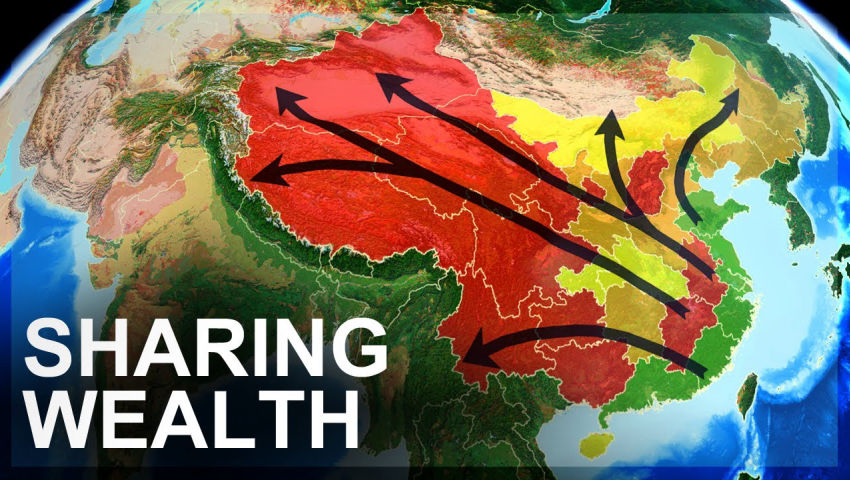

If you read the intro by translator he talkd about this (paraphrased) “our western pov: the possible rise of capitalism in China’s 1980s was a missed opportunity also liberalism, democracy…”. But the book is by a Han Chinese citizen and intellectual addressing to the young Chinese seemingly unsatisfied despite the nation’s progress: they are unable to buy houses, afford parenting, high pressure both professionally and academically… so on. Well, https://en.m.wikipedia.org/wiki/Buddha-like_mindset is a thing

















Is there any scientific evidence Esperantano is more efficient, has significantly superior user experience/usability? What about that in the context of using it for software engineering? People seem to have developed it in the 1800s; so outdated. Also many issues https://en.m.wikipedia.org/wiki/Esperanto#Criticism like bias and the gender non-neutrality; I would discard it. I would suggest to come up with a better language for the 21st century. This one seems better https://www.globasa.net/eng
Also, isn’t this an XY problem? The problem is that many people do not know the current dominant language that people use in science, technology, so on. So you propose Esperanto. Well, now you gatekeep it to people who know Esperanto, which is a way less demography than English. But since learning languages that are more close to one’s native language is easier, that would allow people from Latin/Roamance/Germanic-based languages to possibly learn it faster? That would not be true to Asiatic languages, …
Why another language is the correct solution? Why not improve current education systems? Why not machine translation? Why not improve translations? If the US switches its official language to Esperanto, wouldn’t it be imperialist as well? Language dominance is linked to socioeconomic development. You need countries like US to actually adopt it; otherwise it would be just another language to learn besides English. You are just making it harder.